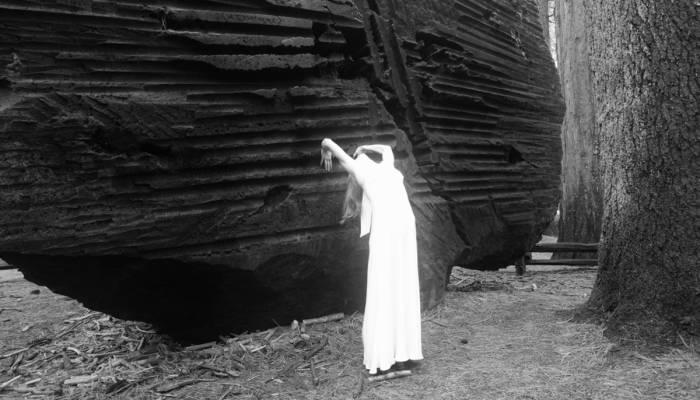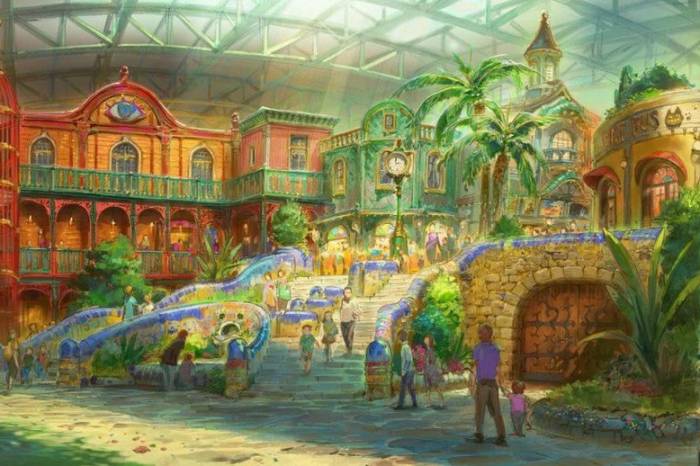Dialogue with the Dalai Lama on science and spirituality
Finding a balance between technological development and spirituality is the only way to avoid becoming part of the machine, without losing out on any of the fun.
The Dalai Lama has been interested in science since he was a child. Over the years he’s visited many laboratories and has attended conferences that discuss consciousness from the scientific point of view. In one of these symposiums, in 1983, he got to know biologist and neuroscience researcher Francisco Varela who, together with other scientists such as Ngari Rinpoche, put together the book of dialogues with the Dalai Lama, called Conversations with the Dalai Lama on the Sciences of the Mind.
Technology and spirituality speak for themselves, but a conversation between the two fields has the potential to be truly enlightening. The following is part of one of the book’s dialogues that took place in Dharamsala, India:
For quite some time I have had a great interest in the close relationship between Eastern philosophy, particularly Buddhism, and Western science. My basic aim as a human being is to speak always for the importance of compassion and kindness in order to build a better, healthier human society, and a brighter future.
Western civilization’s science and technology bring society tremendous benefit. Yet, due to highly developed technology, we also have more anxiety and more fear. I always feel that mental development and material development must be well-balanced, so that together they may make a more human world. If we lose human values and human beings become part of a machine, there is no freedom from pain and pleasure. Without freedom from pain and pleasure, it is very difficult to demarcate between right and wrong.
The subjects of pain and pleasure naturally involve feeling, mind, and consciousness.
Related Articles
When ancient rituals became religion
The emergence of religions irreversibly changed the history of humanity. It’s therefore essential to ask when and how did ancient peoples’ rituals become organized systems of thought, each with their
Larung Gar, the valley that is home to thousands of Buddhist monks
If we think about the monastic life it is very probable that we think about solitude, seclusion, silence and a few other qualities whose common denominator is the appropriate isolation for mediation
A New Year's resolution for the earth
Worrisome quantities of waste are generated by human populations. Especially in cities, these have reached unprecedented and alarming levels. A largely uncontrolled practice, it affects everything on
The Dark Mountain Project: or how literature can confront ecocide
One impulse from a vernal wood May teach you more of man, Of moral evil and of good, Than all the sages can. Wordsworth, “The Tables Turned” (fragment) Words are elementary. The only reason we can
Are there no women in the history of philosophy?
Do only men philosophize? This could sound like a silly question, but if we quickly review the names of philosophers, from Aristotle to Slavoj Žižek, it would appear to be an exercise that is
Things that are about to disappear: photography as environmental conservation
Cristina Mittermeier is the founder of the International League of Conservationist Photography (iLCP), and is at the front of a modern movement to use photography with environmental purposes. Her work
Architecture And Music; An Affair That Acts On The Matter
A composition is like a house you can walk around in. — John Cage Perhaps music, more than the art of sound, is the art of time. That’s why its communion with space, and architecture, is so often so
Psycho-geography (On The Ritual Casting of a City)
Mrs. Dalloway walked down the streets of London guided by an “internal tide” that made her stop somewhere, enter a store, turn at the corner and continue her journey, as if she were adrift. La dérive
A Theme Park Inspired by Hayao Miyazaki is About to Open …
One of animation’s most spectacular exponents, Hayao Miyazaki, is the artist who transformed the direction of traditional animation forever.
Machines of the Island: A Bestiary of the Impossible
On the banks of the Loire River, in the former shipyards of the French port of Nantes, Les Machines de l’île (The machines of the island), is an ambitious and colossal project by Francoise Delaroziére










